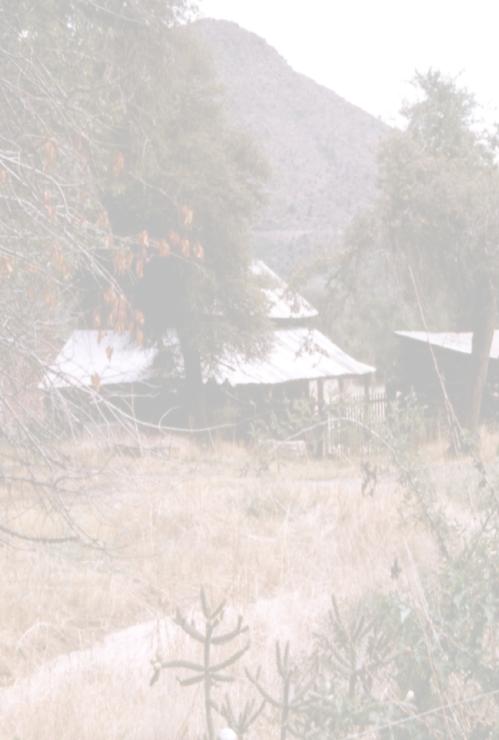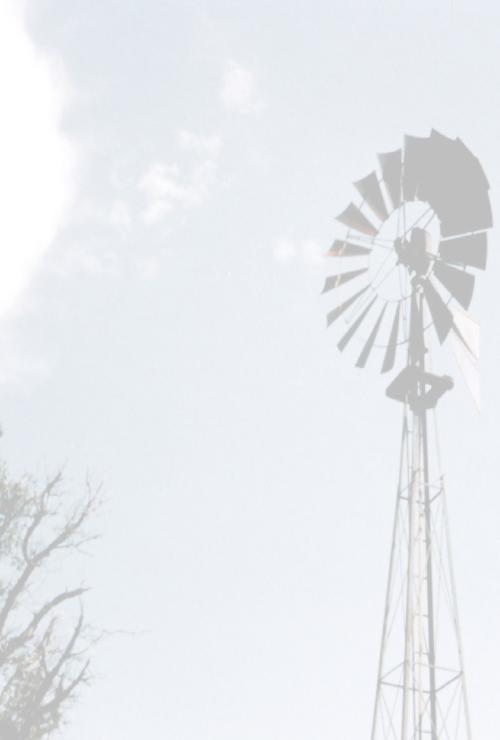 |
|
Next > | Brochure | Arithmetic in Residence | Page1 | Pages 2-3 | Pages 4-5 | Pages 6-7 | Pages 8-9 | Page 10 | HOME |
||

All topics will be taught with materials that kids can handle to gain a literal feel for the math built into them—materials such as colored rods, attribute shapes, multi-base arithmetic blocks, meter sticks and metric containers, tangrams, square and circular geoboards, 2-colored counters, math balances, and even the body itself. The topics will be presented as thinking tools for understanding and describing symbolically the math in events like the following:
• Building a fort
• Planting a garden
• Going on a treasure hunt
• Playing on a swing
• Balancing on a teeter-totter
• Building and firing a rocket
• Delivering mail
There will even be memorable math lessons in putting on a puppet show and taking field trips to nearby copper mines and Indian ruins.
It will be a fun-filled summer vacation for your child and filled with much more than fond memories.
Program Director: Dr. Paul Shoecraft
Paul Shoecraft is an Assistant Professor of math and math education at Arizona State University. He is an experienced classroom teacher of elementary and secondary school math and a teacher of elementary and secondary school math teachers. His credentials include a B.A. in Math from Arizona State University, a B.A. in Business from the Thunderbird Graduate School of International Management (Glendale, AZ), an M.S. in Math from Northern Arizona University, and a Ph.D. in Math Education from the University of Michigan.
At ARITHMETIC IN RESIDENCE, Dr. Shoecraft will direct a staff of educators dedicated to motivational teaching techniques. All lessons and activities will be limited to eight children per staff educator.
Enroll Your Child Soon!
The full cost for the 2-week ARITHMETIC IN RESIDENCE summer math experience—including food, lodging, instruction, and materials—is only $280 per child and even less for families sending more than one child.
Available starting dates are: June 15th, 22nd, or 29th, and July 6th or 13th. To reserve enrollment for your child, fill out the coupon below and send it with a $25 deposit to the address on the coupon.
This Summer Can Be a Giant Step Up in Your Child’s Education!
Summer fun and math? Yes! Your child can have both at ARITHMETIC IN RESIDENCE—a math camp for children, ages 5-12. The relaxed informal nature of a camp environment will be used to help your child experience math as a pervasive element of his or her life rather than just a school thing. The math will be neither strictly remedial nor advanced. It will be both. All children, whether they have been at the top or the bottom of their class in math, will benefit. As a participant in the program, your child will gain new interest and competence in math and learn that it is more than problems on worksheets and in textbooks—that it is a viewpoint and a way of thinking about their world.
Two Weeks at the Pinal Ranch
ARITHMETIC IN RESIDENCE will be held at the —160 acres of historic buildings and apple orchards—at a cool 4000-foot elevation at Top o’ the World on Highway 60 between Superior and Globe, Arizona. The boys will bunk in the , and the girls will stay in the adobe brick , so named because the glass in the windows is so old that it has sagged and makes rainbows on the walls. Meals will be prepared by cooks from nearby towns.
Math Can Help Build a Better Tree House
Kids attending ARITHMETIC IN RESIDENCE will learn the fundamentals of basic math—the arithmetic of business and daily living: adding, subtracting, multiplying, and dividing whole numbers, fractions, and decimals, and working with percent. They will be tested to reveal what they know and don’t know and, on an individual basis, will be taught what they don’t know. They will experience other aspects of math in interesting and supportive group activities. Topics covered will include …
• Number facts
• Base and place value
• Perimeter, area, and volume
• The Pythagorean Theorem
• Congruence and similarity
• Ratio and proportion
• Right triangle trigonometry
• Positive and negative numbers
• Elementary algebra
• Probability and statistics